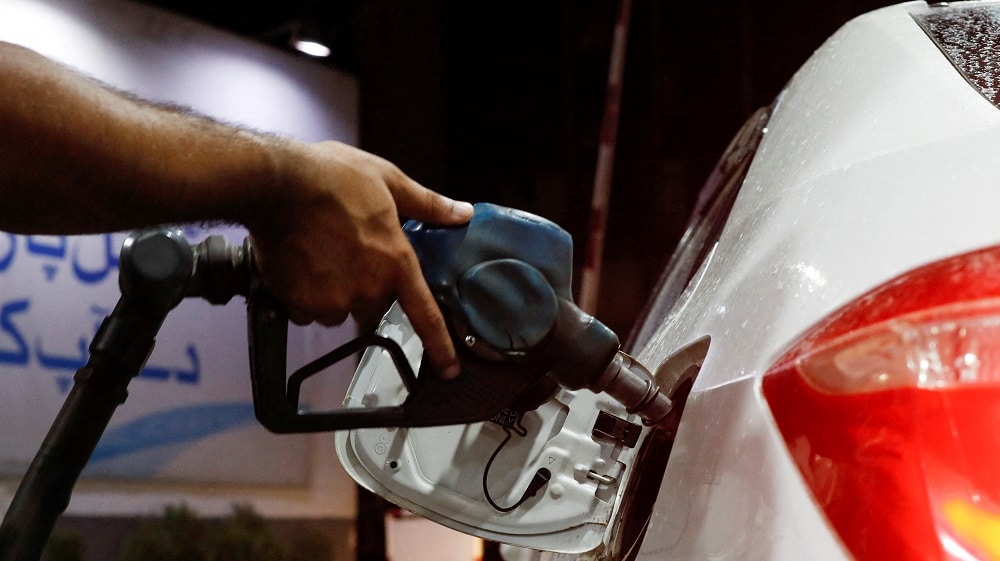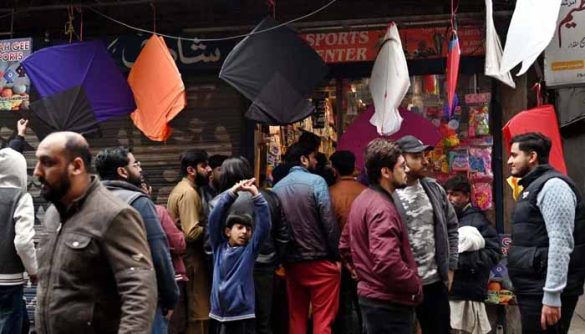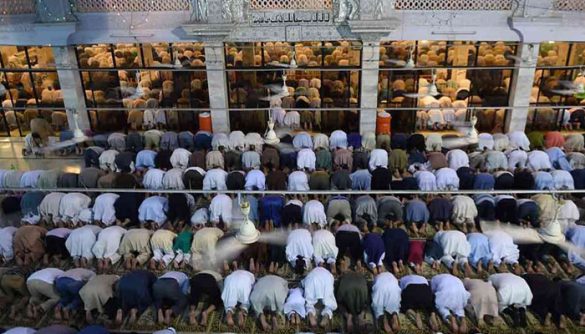Price Changes Expected from August 16
Pakistan is likely to see mixed adjustments in petroleum product prices from August 16, with petrol set to rise slightly while diesel prices could fall sharply. According to preliminary government estimates, the price of petrol may increase by 1.32 Pakistani rupees per litre, whereas high-speed diesel (HSD) could drop by 11.75 rupees per litre.
The change comes in response to a decline in international crude oil prices, which have recently fallen to their lowest level in two months.
Impact on Other Petroleum Products
The expected revisions are not limited to petrol and diesel. The price of kerosene oil may decrease by 6.25 rupees per litre, and light diesel oil could become cheaper by 7.11 rupees per litre.
Officials have also indicated that the government is considering imposing a new energy vehicle levy on petrol and diesel-powered vehicles. If approved, this tax could lead to small price adjustments before the final rates are announced.
Global Oil Prices at Two-Month Low
According to the International Energy Agency (IEA), global oil production is expected to increase this year and in 2026, leading to a fall in prices. The benchmark price for crude oil has slipped to $62.7 per barrel, the lowest since early June.
Market analysts say the drop is largely due to higher supply forecasts and weaker demand growth in several major economies. Factors such as slowing industrial activity in China, steady US production, and increased output from OPEC+ members have all contributed to the downward trend.
Possible Further Reductions Ahead
Energy experts suggest that if current market conditions persist, Pakistan could see further reductions in fuel prices in the next fortnightly review. Pakistan adjusts fuel prices every 15 days, based on global market trends and tax changes. For instance, fuel prices saw notable changes in mid-July 2025, reflecting earlier global oil fluctuations.
The Oil and Gas Regulatory Authority (OGRA) conducts these reviews to ensure domestic rates reflect global trends. The system is designed to shield the economy from prolonged price shocks while allowing consumers to benefit from falling prices when possible.
Fuel Prices and the Economy
Fuel price adjustments have a significant impact on Pakistan’s economy, as diesel is the primary fuel for heavy transport and agriculture machinery, while petrol is widely used by private vehicles and motorbikes. A drop in diesel prices can help lower the cost of transporting goods, potentially easing inflationary pressure on food and commodity prices.
Conversely, even a small rise in petrol prices can affect millions of urban commuters. Economists warn that while the current diesel price cut could bring some relief, any upward movement in petrol rates may partially offset these benefits for consumers.
Policy Considerations
The possible introduction of the energy vehicle levy reflects the government’s push to generate additional revenue and encourage a gradual transition towards cleaner energy. However, critics argue that such levies, if applied during an economic slowdown, could place an additional burden on households already coping with high living costs.
The government is expected to finalize the new rates in consultation with OGRA before August 16. Any last-minute changes in the global oil market or currency exchange rates could alter the final decision.















